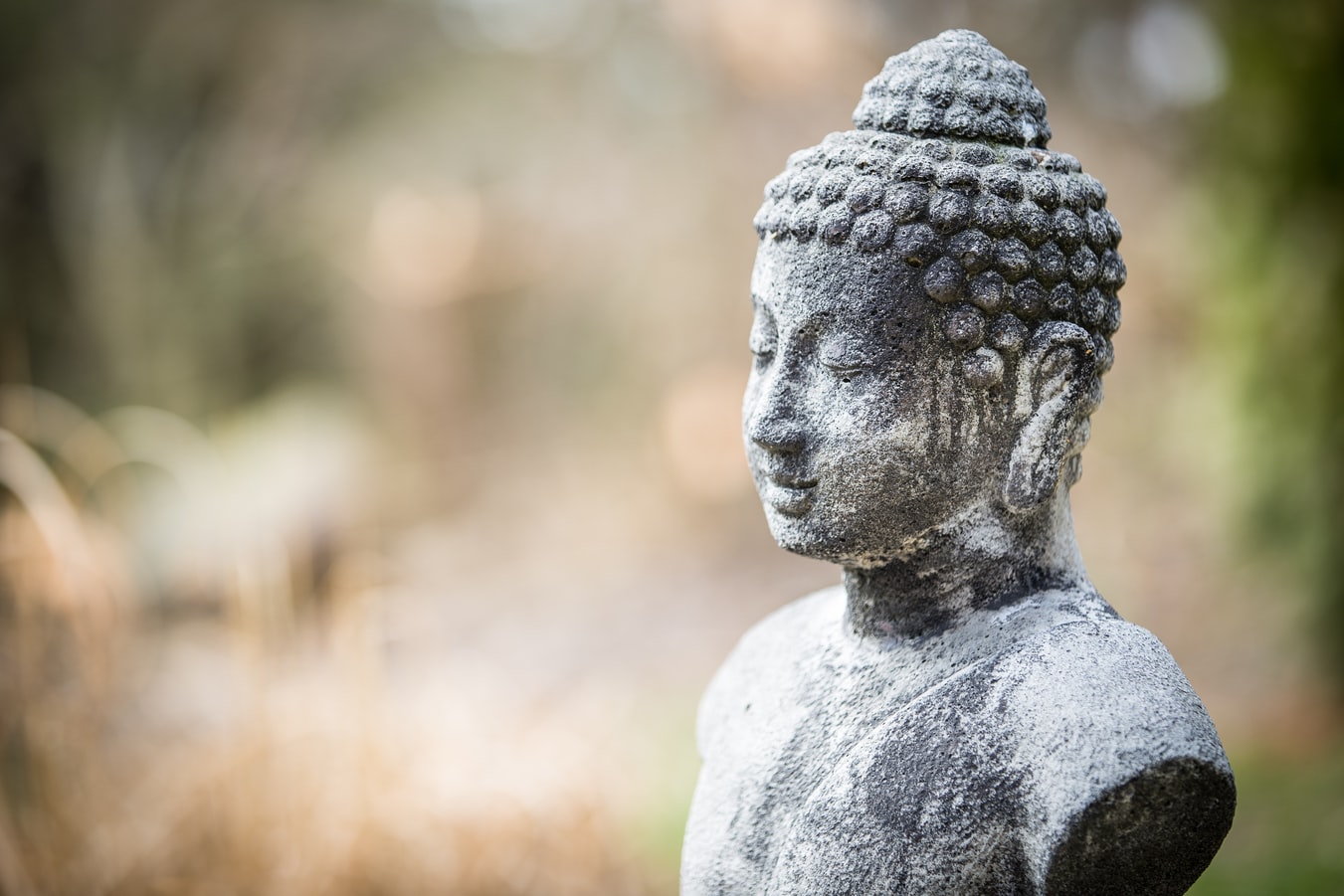Tabla de Contenidos
It goes without saying that getting a massage is a very relaxing experience. However, how does a massage influence your mood? The answer has nothing to do with relaxing music, or essential oils. It all relates to the way a massage impacts your nervous system.
In other words, massage has been found in studies to reduce levels of the stress hormone, which causes the “fight or flight” response. Rather, it increases neurotransmitters that make you “feel good” like dopamine, serotonin, endorphins, and oxytocin.
How does a massage influence your mood?
Massage is a self-care approach that you should include in your personal care routine. As already indicated, everything has to do with the nervous system, whose function is to send and receive messages between the brain and various regions of the body.
The sympathetic and parasympathetic divisions of the autonomic nervous system regulate the body’s response to threat. The sympathetic nervous system helps you respond to a threat by activating the fight or flight reflex. When this happens, your heart begins to beat faster, your muscles contract, and you begin to breathe faster.
For its part, the function of the parasympathetic nervous system is to “rest and digest”, going back down when a threat has passed. Your breathing returns to normal and your energy returns to routine tasks such as digestion.
Now let’s see how a massage influences your mood and general well-being:
Stress hormones
The chemicals that trigger the stress response are adrenaline, norepinephrine, and the hormone cortisol. We will also tell you how massage can help reduce the levels of all these chemicals.
Adrenaline and norepinephrine
Adrenaline and norepinephrine, chemicals produced by the adrenal gland, are released in response to a threat. As a result, your body generates the fight or flight response. Both hormones increase heart rate, blood pressure, and blood flow to muscles.
This is great if you’re running from a wild animal, but if your brain interprets being late for work, or arguing with your partner, as life-threatening events all the time, you’ll probably end up feeling stressed.
The good news is that massage can help stimulate the parasympathetic nervous system, reducing levels of adrenaline and norepinephrine. However, this may take some time. The sympathetic nervous system is activated in the initial response to touch, so a brief massage can help people prepare for an event.
The parasympathetic reaction kicks in after about 15 minutes. Therefore, if you want to relax properly, we recommend scheduling your massage session in advance. It is also important that you tell the masseuse that relaxation is your main goal. It will certainly lull you to sleep with long, gentle stroking.
Cortisol
When you’re going through a stressful situation, your adrenal gland produces cortisol, a steroid hormone. It takes slightly longer to act than adrenaline and norepinephrine, but once it does, it mobilizes the body’s resources to combat the threat. This increases blood sugar and reduces inflammation.
If you continue to be stressed and cortisol is released for an extended period of time, complications can occur. This can lead to a suppression of the immune system, high blood pressure, and weight gain.
Fortunately, a regular massage session can help your immune system. In addition, massage can also reduce elevated cortisol levels that cause stress.
Serotonin and dopamine
Serotonin is a neurotransmitter that helps regulate mood, appetite, and digestion. Low levels of serotonin are believed to contribute to depression and anxiety because it is synthesized in the brain and gut.
The reward areas of the brain are related to dopamine. Low dopamine levels are linked to a lack of drive, fatigue, and an inability to focus.
Many people feel like they are floating after a massage. Serotonin and dopamine are the culprits. It has been shown in several trials that massage increases serotonin and dopamine levels by up to 30%. Serotonin can help you stay in a good mood, while dopamine can help you be more productive and focused.




